Donut Lab has baked modularity and innovation into its new suite of electric motors
Spun out of an electric motorbike start-up, Donut Lab hopes to reshape the world of electric mobility with five new modular electric motors
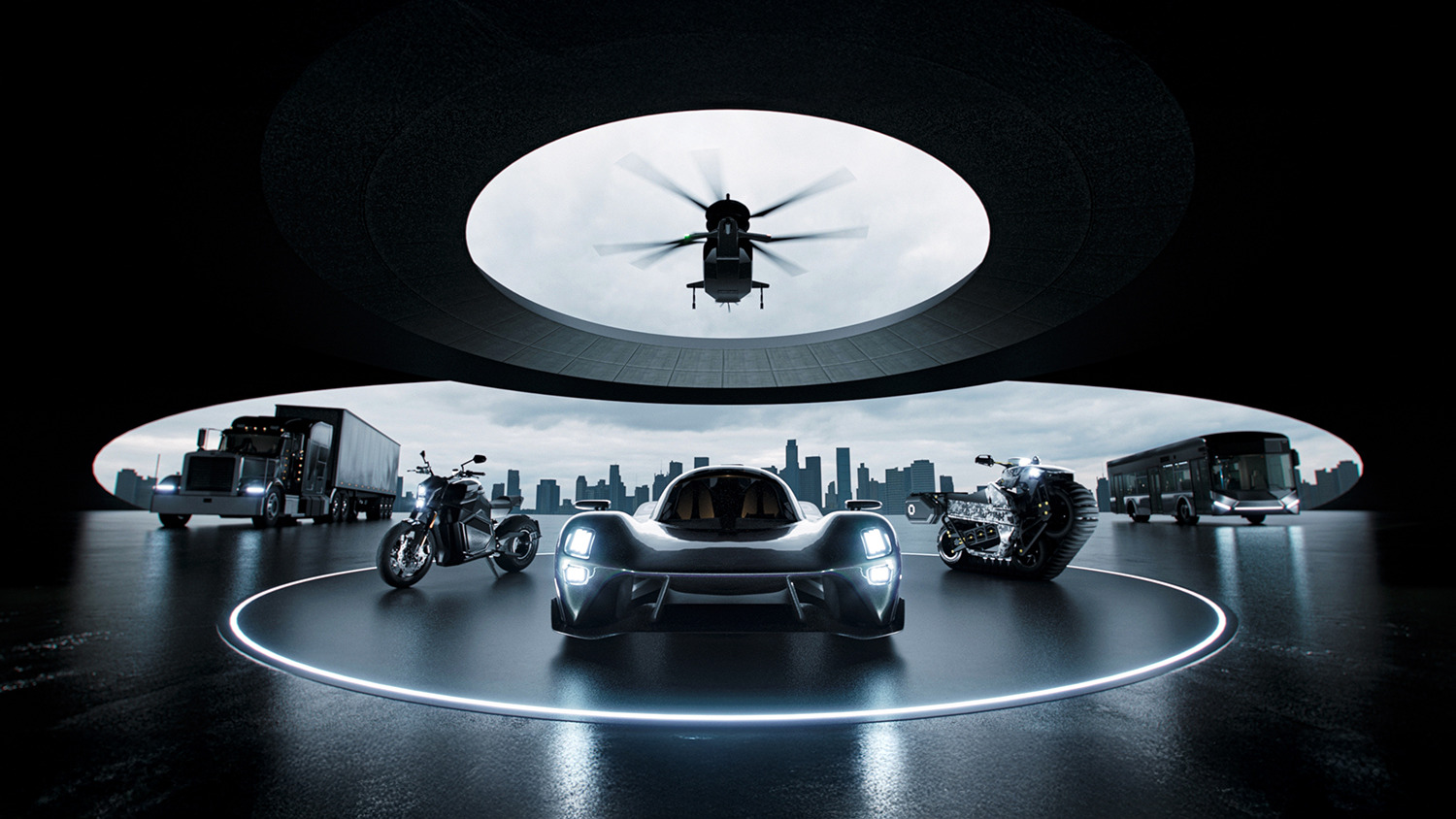
Donut Lab is a subsidiary of Verge Motorcycles, a company that has taken a different approach to the electric motorbike by developing an in-wheel motor that aids balance and packaging.
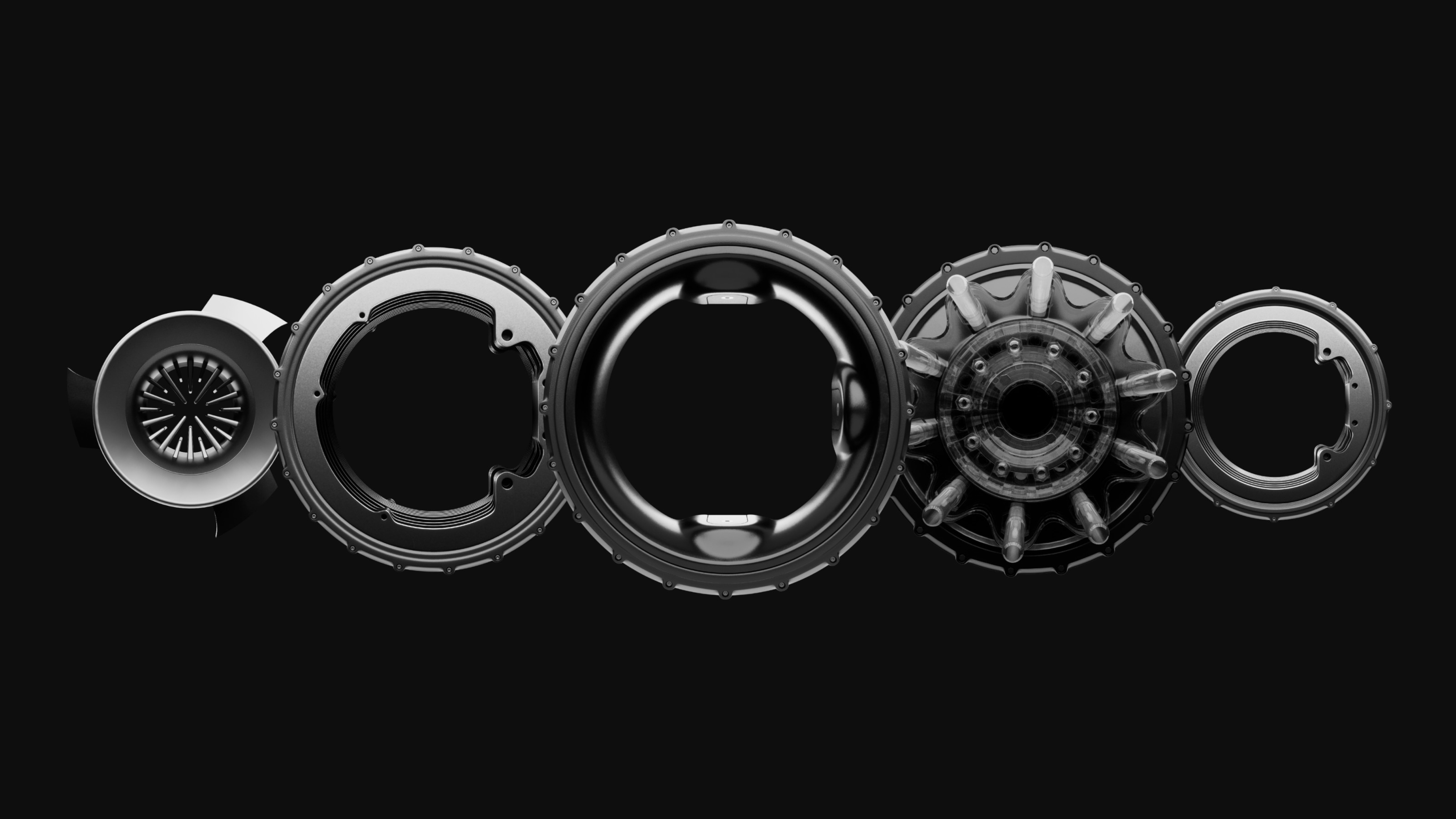
Donut Lab's five new in-wheel electric motors
Donut spun off from this innovation, set up to build these donut-shaped rim motors in a variety of sizes so as to cater for the entire electric mobility industry. In addition to the five different scales of motor, Donut Lab has also developed a software platform, aiming to speed up the process of engineering new vehicles ‘development work that previously took years can now be completed in a month,’ they say.

Donut Lab showed a hypercar concept at CES
At this year’s CES, Donut Lab took the wraps off their new motors, as well as showcased a number of conceptual applications, ranging from heavy-duty Semi trucks and buses, all the way down to drones, that showcase the scalable nature of the tech.

Hyper Q Aerospace's RotorHawk drone uses Donut Lab's technology
Modularity isn’t the only innovation from the company. They’re also trumpeting increased performance and weight-saving, thanks to the way the motor is incorporated into the rim of the driven wheel or rotor. Despite last year’s much-reported downturn in EV sales, the general trend in electrified mobility is still upwards – Donut cites figures estimating the value of the global electric transportation market growing from $550 billion today to $4.4 trillion by 2032.

Oruga's tracked snowmobile also uses the Donut Lab motor tech
Clearly there is a world of potential, not just for the big players but for smaller companies that can use the Donut tech to bypass expensive and lengthy R&D. Marko Lehtimäki, CEO of Donut Lab and CTO at Verge, describes the Verge TS as ‘the world's most advanced electric motorcycle,’ but explains how its development was hamstrung by ‘traditional mechanisms’.
‘The reason for this is that vehicles are built with components from different equipment manufacturers and are not designed to work together - integration work always takes up most of the time,’ he says, ‘We decided that if we were able to solve this, we would change the entire automotive industry.’

The motor technology can be scaled up to power a semi truck
As well as the motor, the Donut platform also includes the battery modules, computer units and vehicle control software, and is designed to be so flexible that it can be scaled down to drone size and even incorporated into robots. The compact scale also allows easier retrofitting of electric motors to conventionally-powered cars.
Wallpaper* Newsletter
Receive our daily digest of inspiration, escapism and design stories from around the world direct to your inbox.

A proposed electric bus using Donut Lab motor technology
The suite of proof-of-concept vehicles includes an electric hypercar, all-terrain tracked snowmobile and a city bus, with the largest motor measuring 21” in diameter, down to 120mm for the drone-scale ones.
Manufacturers have already expressed an interest, with the snowmobile manufactured by Latvian company Oruga, and the high-speed RotorHawk drone coming from Australian company Hyper Q Aerospace. Watch this space for more electrified innovations.
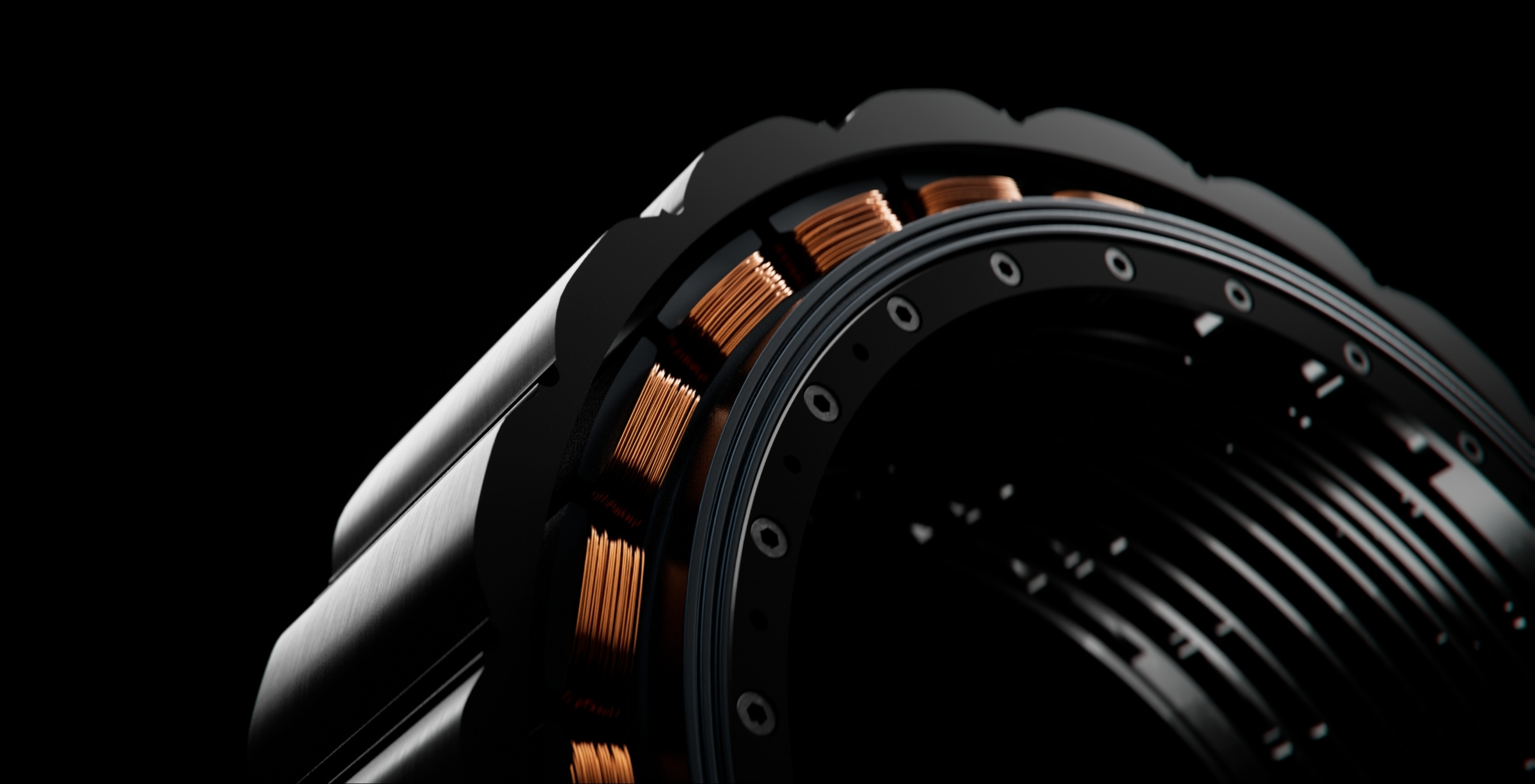
The motor technology evolved from Verge Motorcyles' research into electric bikes
Jonathan Bell has written for Wallpaper* magazine since 1999, covering everything from architecture and transport design to books, tech and graphic design. He is now the magazine’s Transport and Technology Editor. Jonathan has written and edited 15 books, including Concept Car Design, 21st Century House, and The New Modern House. He is also the host of Wallpaper’s first podcast.
-
 The Lighthouse draws on Bauhaus principles to create a new-era workspace campus
The Lighthouse draws on Bauhaus principles to create a new-era workspace campusThe Lighthouse, a Los Angeles office space by Warkentin Associates, brings together Bauhaus, brutalism and contemporary workspace design trends
By Ellie Stathaki
-
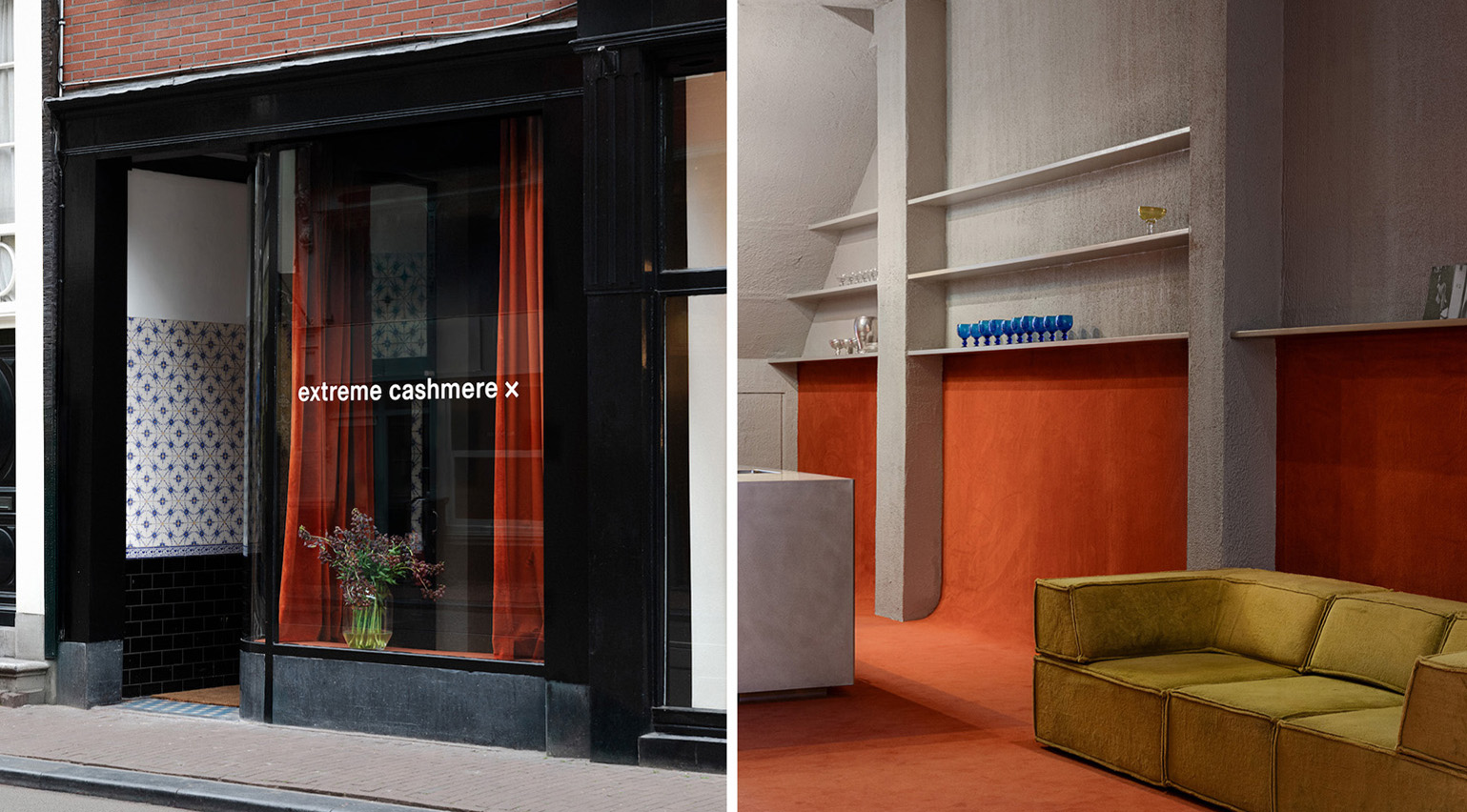 Extreme Cashmere reimagines retail with its new Amsterdam store: ‘You want to take your shoes off and stay’
Extreme Cashmere reimagines retail with its new Amsterdam store: ‘You want to take your shoes off and stay’Wallpaper* takes a tour of Extreme Cashmere’s new Amsterdam store, a space which reflects the label’s famed hospitality and unconventional approach to knitwear
By Jack Moss
-
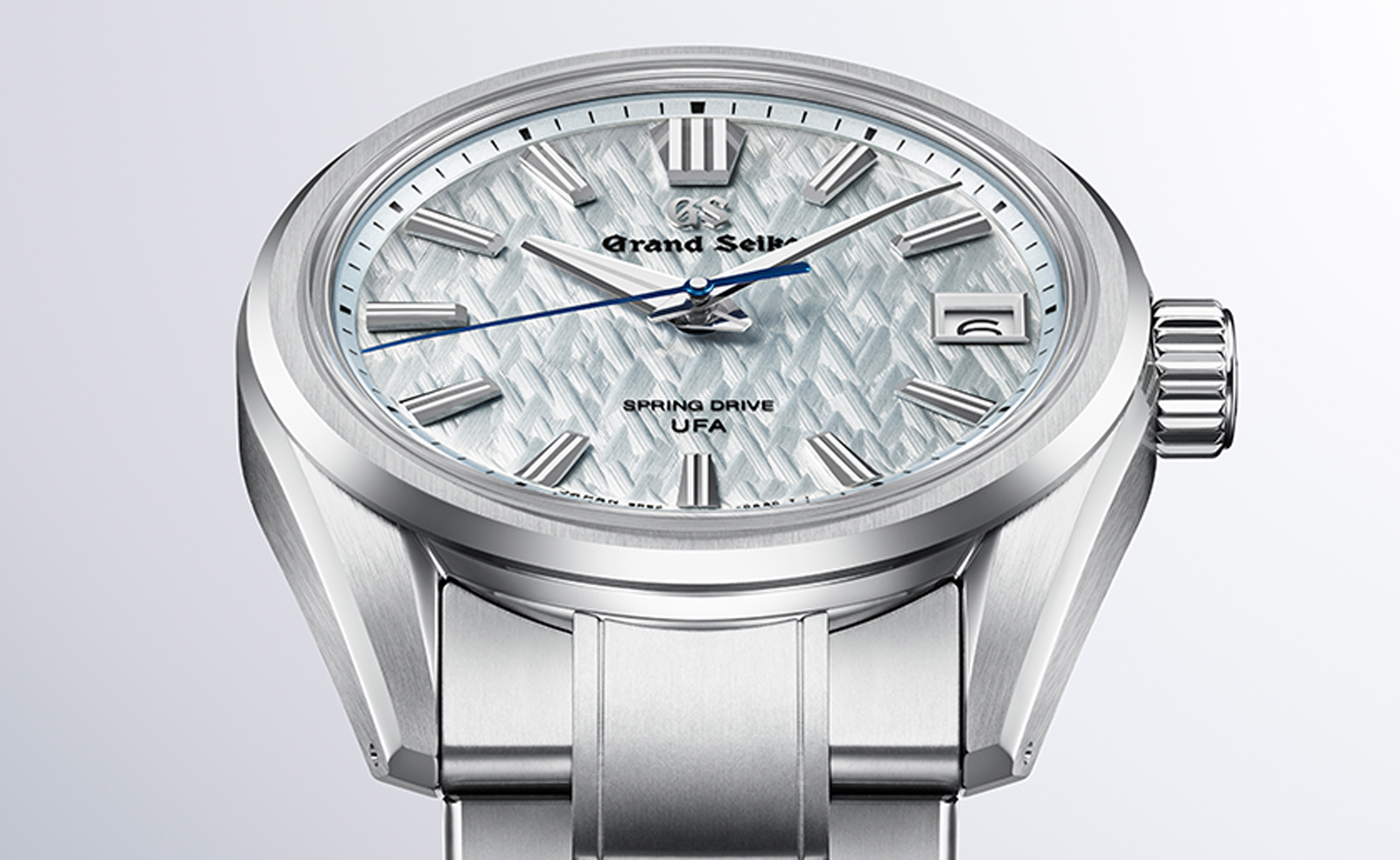 Titanium watches are strong, light and enduring: here are some of the best
Titanium watches are strong, light and enduring: here are some of the bestBrands including Bremont, Christopher Ward and Grand Seiko are exploring the possibilities of titanium watches
By Chris Hall